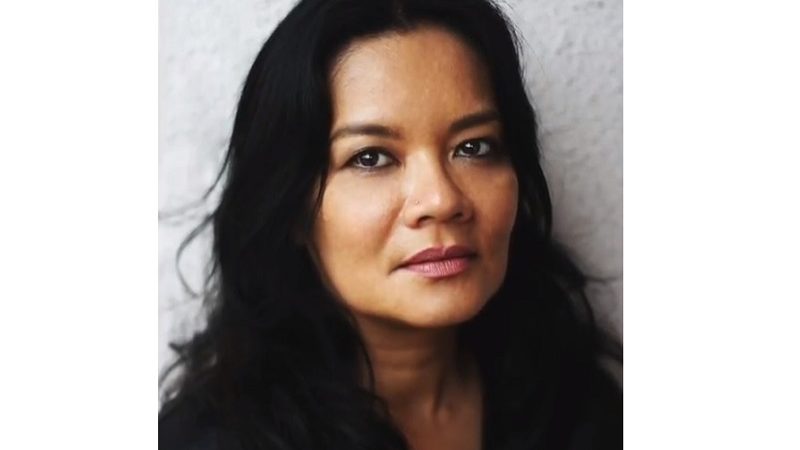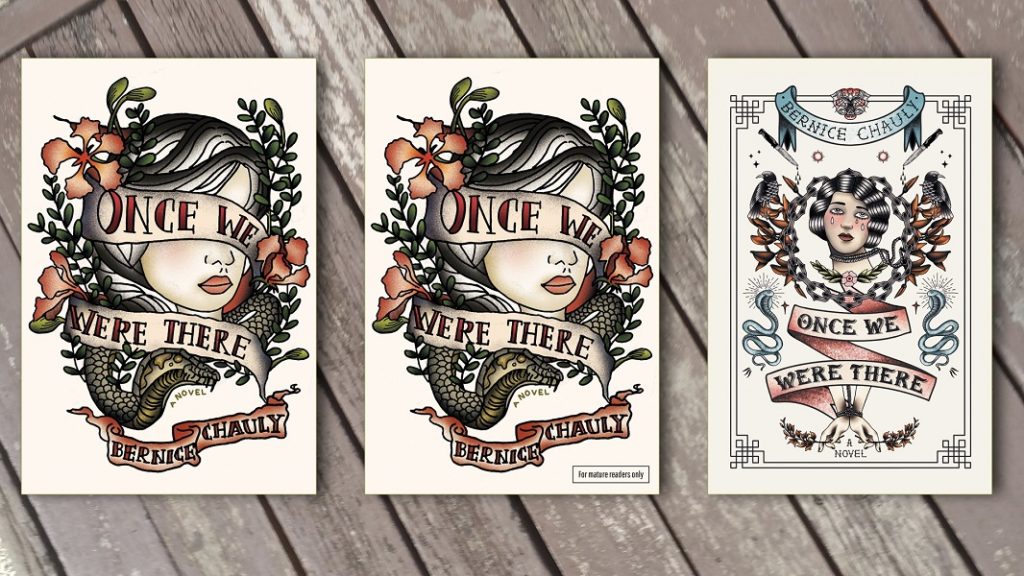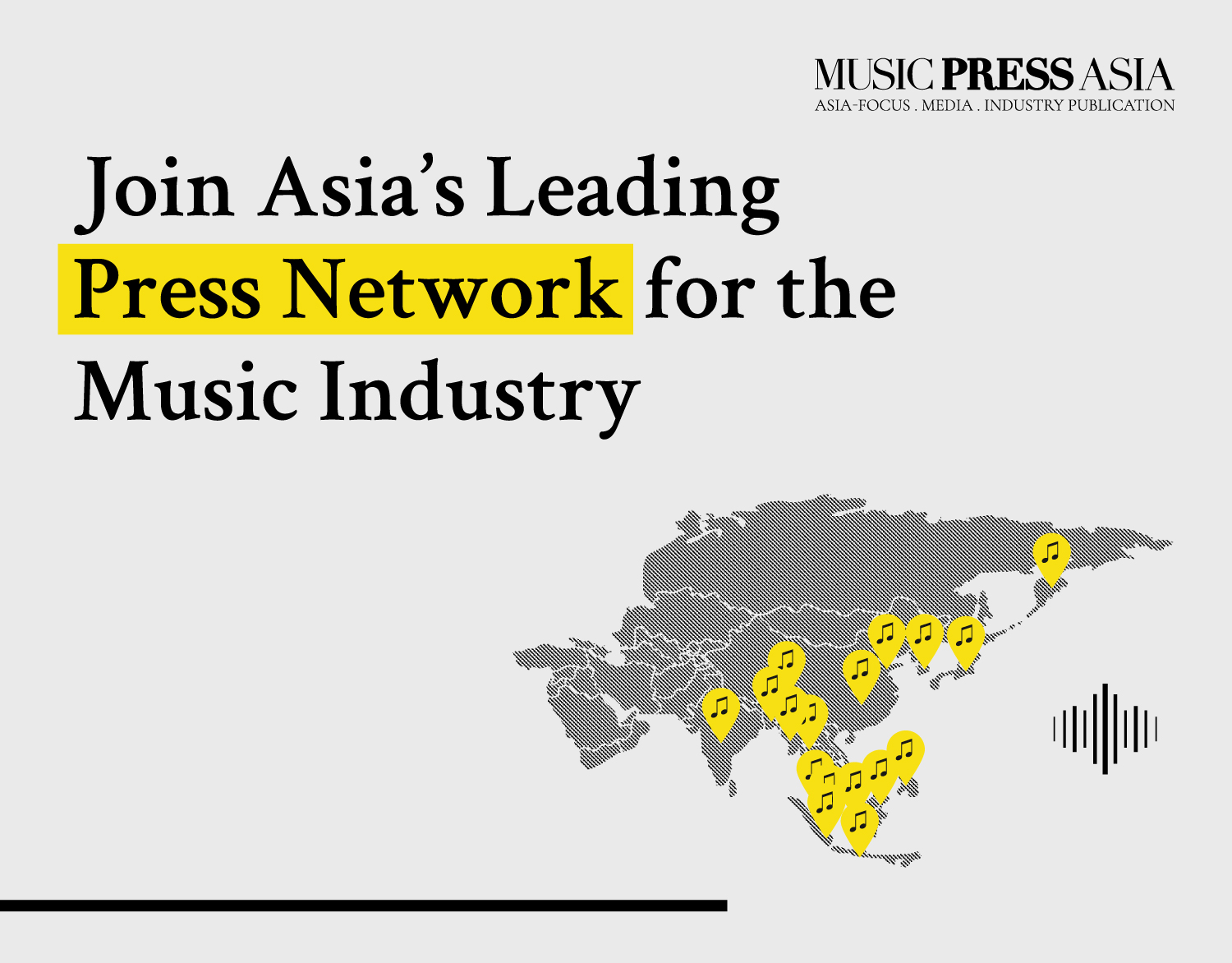Bernice Chauly In BBC Interview: “It’s The Best Time To Be An Artists In Malaysia”
BBC’s programme “The Cultural Frontline” released an episode “Truth and Taboo from Malaysia to the Middle East” in May 2018, interviews Malaysian author, filmmaker and photographer Bernice Chauly. The excerpt from the interview has now been transcribed to text, published on www.bernicechauly.com.
BBC’s programme “The Cultural Frontline” released an episode “Truth and Taboo from Malaysia to the Middle East” in May 2018, interviews Malaysian author, filmmaker and photographer Bernice Chauly. The excerpt from the interview has now been transcribed to text, published on www.bernicechauly.com.

Author Bernice Chauly has finally published a text transcription of the excerpt from an interview with the BBC World Service “The Cultural Frontline”, a programme released right after Malaysia’s election May last year. In a special episode “Truth and Taboo from Malaysia to the Middle East”.
The following excerpt, transcribed to text from the BBC programme, is initially published on Bernice Chauly’s website, dated March 16, 2019.
________________________________________________________________________________________________________________________________________________________________________________________________________________________
Bernice was one of the interviewees for the episode (“Truth and Taboo from Malaysia to the Middle East”), and in this excerpt, she talks about the results of the recent Malaysia election, the winds of change, and what it means to be a writer in this day and age…
BBC: In the country’s landmark general election this week, the 92-year old former prime minister Mahathir Mohamad, who defected to the opposition, has ousted the coalition that has ruled Malaysia since independence in 1957. The complex and close-knit set of rivalry between the front-runners has been a gift for commentators and satirists – or it would be – if Malaysia did not have some of the world’s toughest censorship laws. Well, Malaysian writer, Bernice Chauly, has taken a fictional look at the past twenty years of her country’s history in her new novel, Once We Were There. It begins with the street demonstrations of the Reformasi movement in 1998 in which she herself was involved. I spoke to Bernice down the line from Kuala Lumpur earlier and began by asking her what the Reformasi movement was all about.
Bernice: It was a major turning point because I think for the first time in Malaysia’s history, hundreds and thousands of people took to the streets without fear to show how angry they were towards Mahathir’s government at the time.
BBC: You were an activist during these protests. You were tear-gassed under his rule. During these rallies, what happened? What impact did that have on you?
Bernice: Once you’re tear-gassed, it’s an experience you don’t ever forget. It radicalises you, it politicises you, it makes you incredibly angry that your own government could actually do this to its own people. You actually feel that you’re going to die, and that’s how I felt; there was this sense of terror and panic.
BBC: Well, maybe that explains why the opening scene of your book is so visceral. Would you read us an extract and put it into context for our listeners?
[The YouTube video above was released by Epigram Books, the publisher of Bernice Chauly’s ‘Once We Were There’]
Bernice: Sure. The crowd roared. “Reformasi! Reformasi!” Anwar, voice hoarse and fist raised, continued. “We raise the spirit of freedom! We are united against oppression! We are united in our resolve to establish justice! Long live the people! Give victory to Reform! We demand the resignation of Mahathir Mohamad!” Sumi and I looked at each other. We grinned widely. The revolution had begun. Behind us, the Federal Reserve Unit trucks pulled up and the clanging started. As if out of politeness, the bell rang three times. And then jets of water hit us like a torrent of stones. A merciless pounding. Water bullets. We were getting a beating. We screamed. I fell against a man behind me. He fell against someone else and together we tumbled to the ground like tiddlywinks. Arms, legs, hair, everywhere. All flailing. We got up and started running. Or tried to. There was panic, confusion. We ran into each other, smacking into arms, chests, elbows. No escape.
BBC: Thank you. The man you write about, Mahathir Mohamad, has become the world’s oldest elected leader at the age of 92. What’s your response to the election results?
Bernice: I could not bring myself to actually even look at him or listen to him on social media. But finally, on the last night of the election, I forced myself to watch his final speech. He spoke like a true statesman and I could see in his face the sort of resolve, the remorse that was never there. I said to myself: I think the man knows that he was the one who started the rot in the country. He’s sorry, and now he wants to make it right.
BBC: It seems ironic there that you describe him as a potential saviour, I guess. But in your book, for example, you write about him seizing to be prime minister, saying the demagogue that was Mahathir was gone, it was the end of an era, the end of darkness. And you’ve also described him as a man you’ve hated for most of your adult life.

L-R: Design covers of Bernice Chauly’s novel ‘Once We Were There’ for Singapore, Malaysia and the UK.
Bernice: We did not expect this sort of miracle of all miracles. It’s completely inconceivable; it’s something that never, any of us, ever thought could happen in this lifetime. Malaysia has been ruled by the same political party for 60 years, and it takes the oldest incoming prime minister and ex-prime minister to make this happen. So, I’m completely amazed, completely baffled and completely overjoyed that this has happened.
BBC: Mahathir Mohamad has made an extraordinary comeback. He replaces a man whom he helped into power in the first place – Prime Minister Najib Razak – who’s been plagued by corruption allegations. In another twist, Mahathir promised to hand over power if he wants – which he has – after two years to the former deputy prime minister Anwar Ibrahim, who he jailed on sodomy and corruption charges, which is always denied. I mean, it’s complicated, confusing, bizarre to outsiders.
Bernice: It really is. It’s a script that no one in Hollywood could ever have thought of or neither of us. As Malaysians, what Mahathir did was unprecedented. There’s been no ruler, no politician in the world who has recanted like this, who has come back and tried to fix what he did.
BBC: What are the parallels between then and now – politically, socially and culturally?
Bernice: It’s always been difficult being an artist in Malaysia because you are subjected to censorship; you know, books get banned. Therefore, (there are) things you can’t talk about or write about: race, sex, politics and religion. So as artists, we’ve always felt very hemmed-in. Our voices have been silenced so many times and the spaces that we have, in order to create, are very small, and there are also very few individuals who are willing to take risks. But it’s the risk-takers that will eventually create and break down those boundaries that we so desperately need. In short, I think it’s the best time to be an artist in Malaysia, to be someone who is creative because we have these challenges that have been imposed on us for such a long time. And I hope that now there will be enlightened politicians and bureaucrats who will allow writers, thinkers, performers, film-makers to really make their truths. It’s time; we really need to be able to do this, right now.
BBC: You write frankly and openly about drug culture in Malaysia, transgender prejudice, sexual promiscuity, sex workers that kidnap and sell babies and young children. How difficult was it for you to write about those things?
Bernice: I’ve always been someone who has not been concerned about self-censorship because if I start doing that, I might as well not produce anything. Yes, there was a worry (that) no Malaysian publisher would touch my book, and that’s why I had to look elsewhere. My publisher, Epigram Books, took the risk; they believed in the work, they felt that it was important. So when we decided to publish it in Malaysian and Singapore, there was a disclaimer that was put by the Malaysian distributor on the book which says, “For mature readers only”. Because, with the sedition act, all it takes is one person to make a complaint about anything at all in the book and then there will be a police investigation, and things will sort of basically spiral downwards from there. So yes, it was extremely risky, but I just had to write the truth.
BBC: This election result has just happened; it’s historic, this is the first time a different party, other than the coalition (that) has been in power, will be in power since independence in 1957. What (do you think) the future’s going to be like for Malaysia?
Bernice: I think it’s going to lift our spirits and I think we can finally be proud again of this great and beautiful country.
The winner of the Penang Monthly Book Prize 2017 authored and debuted her first novel “Once We Were There” [published by Epigram Books] tells the story of a reporter maneuvering the Archilles’ heel of Kuala Lumpur, which used the “Reformasi” political movement of the 1990s as backdrop to the story.




